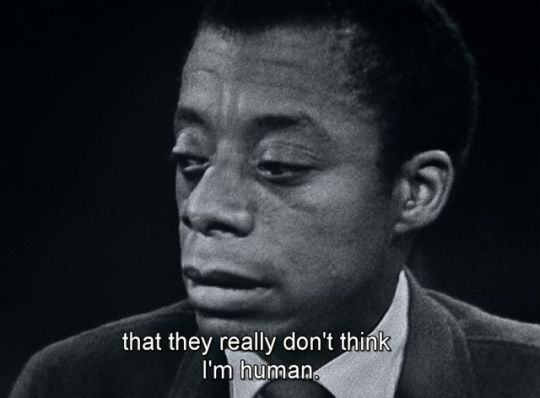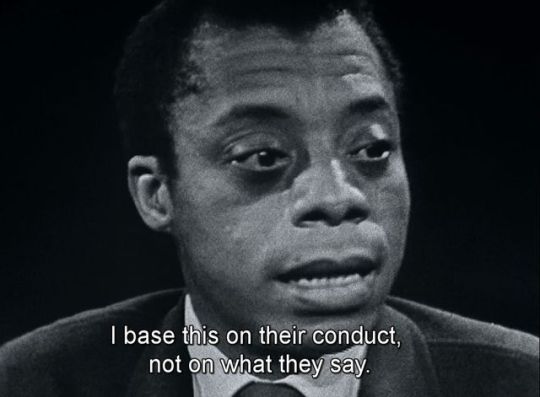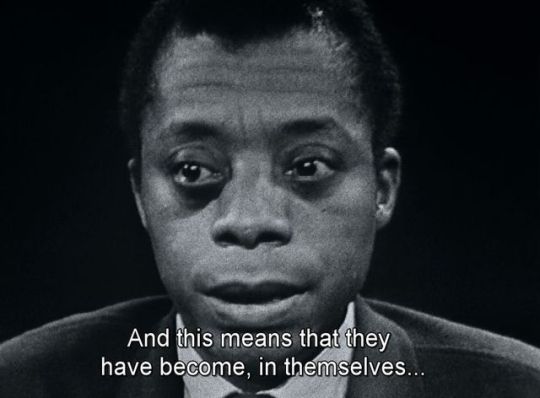Photo

Open Door, Brittany, by Henri Matisse
Date: 1896
Style: Impressionism
28 notes
·
View notes
Quote
That which has been is that which will be,
And that which has been done is that which will be done.
So there is nothing new under the sun.
Ecclesiastes 1:9 New American Standard Bible (NASB)
4 notes
·
View notes
Text
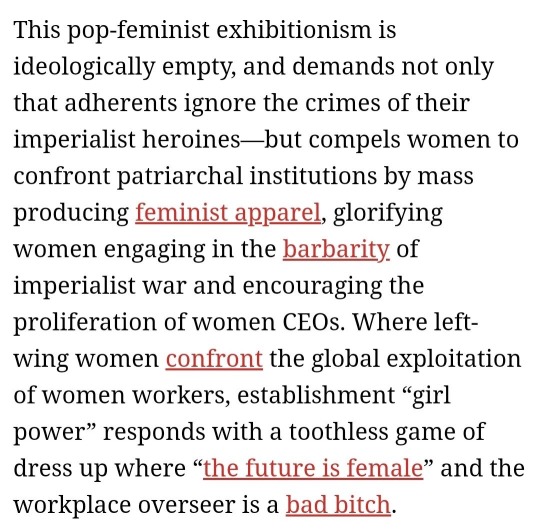
#roqayah chamseddine#in these times#id#id politics#identity politics#isms.#commodification#klobuchar#clinton#harris#warren#white feminism
0 notes
Text

Bull Skull, Fruit, Pitcher
1939
Picasso
30 notes
·
View notes
Text

"I hate the indifferent. I believe, as Frederich Hebbel did, that ‘living means being partisan’. There can’t be men [sic] who are men alone and exist outside of the city. To really live means to be a citizen and to take part. Indifference is abulia, is parasitism, is cowardice. Indifference isn’t life. This is why I hate the indifferent.
Indifference is the dead weight of history. It is the millstone around the innovator’s neck; the inert matter in which the brightest enthusiasms are drowned; the marsh that surrounds the old city and defends it better than its strongest walls, better than the valour of its warriors, because it swallows the assailants within its murky vortices, it decimates them, it disheartens them, and sometimes it makes them desist from the heroic deed.
Indifference is a powerful force in history. It operates passively, but it operate nonetheless. It is fate; it is that upon which you cannot count; it is the thing that disrupts the programme, that upsets the best laid plans; it is the brute matter that rises up against intelligence and smothers it. The events that occur, the evil that befalls us all, the possible good that a heroic act (of universal value) can generate, are not due to the initiative of the few who are active, but to the indifference, the absenteeism of the many. The things that occur do not occur because some people exercise their will, but because the multitude abdicates its own will and lets things be, allowing for knots to form that it will take a sword to unfasten, for laws to be passed that it will take a revolt to abrogate, for men to rise to power that it will take a mutiny to overthrow. The fate that appears to dominate history is nothing but the deceptive appearance of this indifference, of this absenteeism. Events grow in the shadows. Few hands, subject to no oversight, weave the collective cloth, and the multitude ignores it all, because it doesn’t care.
The destinies of an epoch are manipulated according to the narrow views, the immediate goals, the ambitions and personal passions of small activist groups, and the multitude ignores it all, because it doesn’t care. But the events that have matured come to fruition; the cloth woven in the shadow reaches completion: and then it seems like it was fate that overcame everything and everyone, giving the appearance that history is nothing but a vast natural phenomenon, an eruption, an earthquake of which everyone’s a victim: those who willed it to happen and those who didn’t; those who knew and those who didn’t; those who were active and those who remained indifferent. Now the indifferent become angry, would like to escape the consequences and for it to seem clear that they didn’t plan for this, that they weren’t responsible. Some weep pitifully, others curse obscenely, but none or few ask themselves: had I, too, done my duty, had I tried to exercise my will or offer my counsel, would any of this have happened? But none or few blame themselves for their indifference, their scepticism, the failure to lend their strength and their work to the organised citizens who strove to guard against that misfortune or to reach a common goal.
The majority of these, instead, when the events have run their course, prefer to talk of ideological failures, of plans in disarray and other pleasantries. They renew then their withdrawal from any responsibility. It’s not for want of occasionally seeing things clearly, or being able to some time present magnificent solutions to the most urgent problem, or to problems that, whilst requiring considerable time and preparation, are just as urgent. However these solutions remain magnificently infecund, and this contribution to collective life reveals itself as lacking any moral spark; it’s a product of intellectual curiosity, not of a sharp sense of historical responsibility that demands everyone to be active in life, not allowing for agnosticism and indifference of any kind.
I hate the indifferent also because I’m annoyed by their whining of eternal innocents. I demand that they account for how they have fulfilled the duty that life has bestowed upon them, and bestows upon them every day; that they account for what they have done and above all for what they haven’t done. And I feel that I can be ruthless, not waste my pity, not share with them my tears. I am partisan. I live, and feel already in the vigorous consciences of my side the pulsating work of the future city that my side is building. In this city the social chain does not burden the few. In this city every thing that happens isn’t the product of chance or fate, but of the intelligent work of the citizens. In this city there are none who sit at the window looking at the few who toil and bleed themselves dry; none who sit at the window, lurking, hoping to enjoy the meagre fruits of that activity, and demean those who toiled and bled themselves dry for of how little they have achieved.
I live. I am partisan. This is why I hate those who don’t take part. This is why I hate the indifferent."
—Antonio Gramsci, August 1916.
10 notes
·
View notes
Text
“If all this plays out as I expect and if those on the left continue to put their faith and energy into the Democratic Party, they are not simply willfully naive but complicit in their own enslavement. No successful political movement will be built within the embrace of the Democratic Party, nor will such a movement be built in one election cycle. The struggle to end oligarchic rule will be hard and bitter. It will take time. It will require self-sacrifice, including sustained protest and going to jail. It will be rooted in class warfare. The oligarchs will stop at nothing to crush it. Open, nonviolent revolt against the oligarchic state is our only hope. Oligarchic rule must be destroyed. If we fail, our democracy, and finally our species, will become extinct.”
0 notes
Text
youtube
0 notes
Text

3 notes
·
View notes
Text
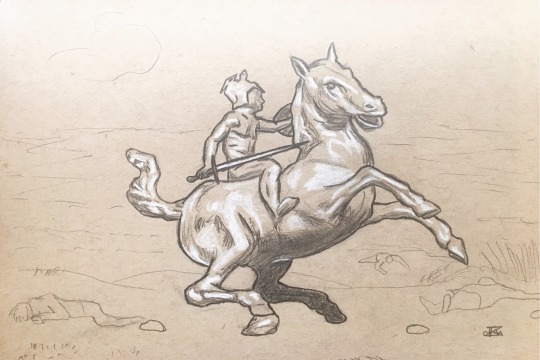
Do much, or be ruined
#graphite#sketch#art#plainslice#drawing#horse#horses#warriors#sword#shield#davinci’s horse#conqueror#god of war#mars#aries
1 note
·
View note
Text
0 notes
Text
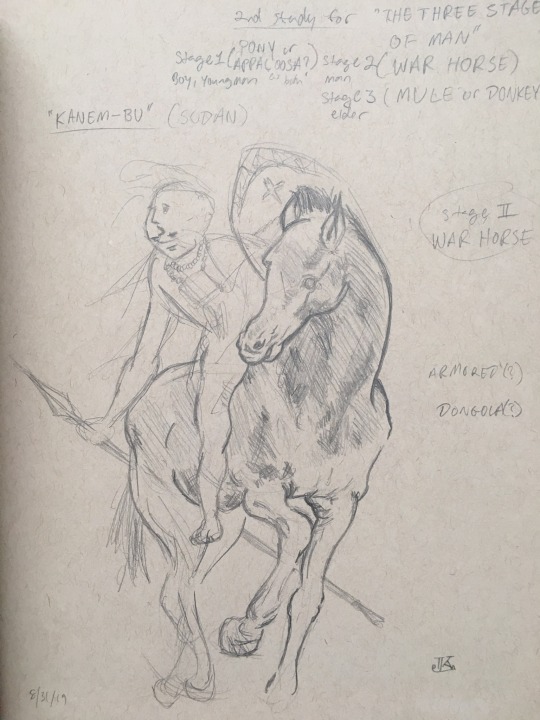
#war horse#sketch#graphite#art#manhood#plainslice#horse#battle#valkyrie#da vinci’s horse#battlefield#arena
0 notes
Text

"What am I in the eyes of most people - a nonentity, an eccentric or an unpleasant person - somebody who has no position in society and never will have, in short, the lowest of the low. All right, then - even if that were absolutely true, then I should one day like to show by my work what such an eccentric, such a nobody, has in his heart...Though I am often in the depths of misery, there is still calmness, pure harmony and music inside me."
—Letter from Vincent van Gogh to Theo van Gogh, The Hague, 21 July 1882
#vincent van gogh#van gogh#vincent#art#artist#van gogh’s letters#starry night#moma#museum of modern art#newyorkcity#photo#oil painting
4 notes
·
View notes
Text
youtube
1 note
·
View note
Text

"Talk not to me of blasphemy, man; I’d strike the sun if it insulted me" — Captain Ahab, Moby Dick, Chapter XXXVI
"Tempest"/"Malignant Iron"
#captain ahab#ahab#XXXVI#sketch#sunday sketches#sunday sketch#tempest#moby dick#malignant iron#revenge#retribution#fate#owed#self destroy#ocean#plainslice
8 notes
·
View notes




